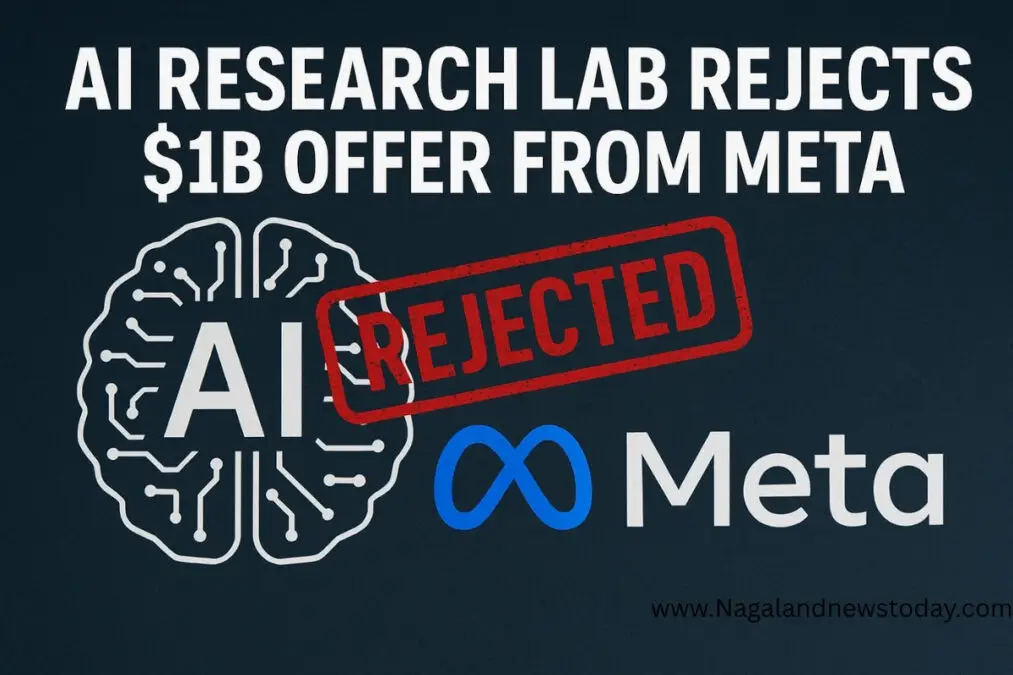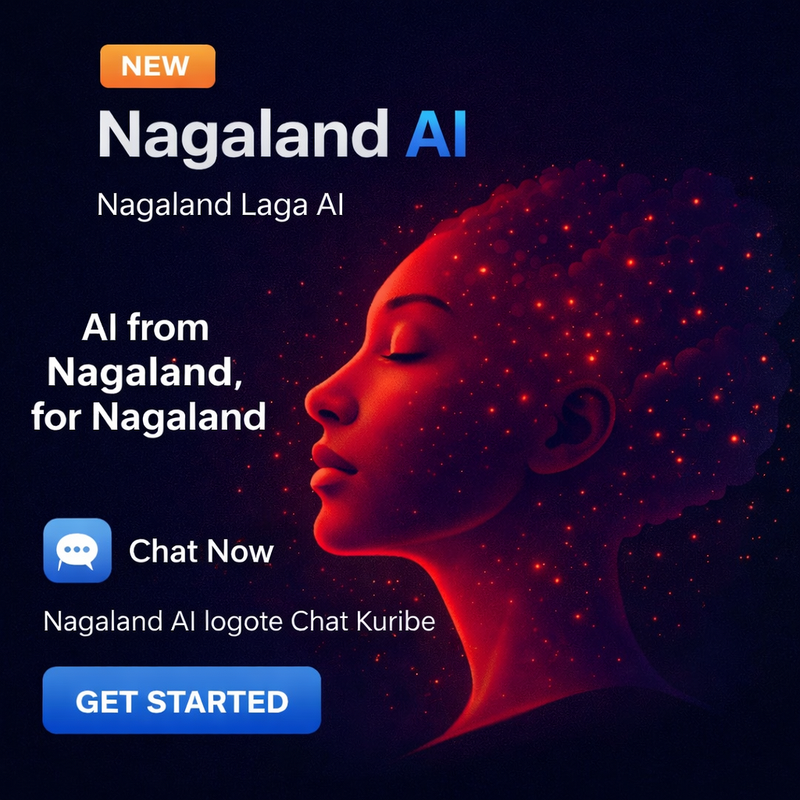Published by Aloto Naga | July 30, 2025
In a bold defiance of Silicon Valley giants, a prominent AI research lab has reportedly rejected a staggering $1 billion acquisition offer from Meta, formerly Facebook. The lab—renowned for its advancements in superintelligent AI systems—chose independence over what would have been one of the largest buyout deals in the AI sector.
According to insider reports, the AI lab is led by top researchers and engineers focused on building safe and open-source AI models. Meta’s offer was not just a bid for ownership but an attempt to recruit the lab’s entire technical team into its ambitious “Superintelligence” project.
However, the lab turned down the proposal, citing concerns over ethical alignment, research autonomy, and corporate influence on AI development. This refusal has stunned the tech world, especially at a time when companies like Meta, Google, OpenAI, and Microsoft are aggressively acquiring talent and labs to gain an edge in the artificial intelligence arms race.
Why Did the AI Lab Reject Meta?
Sources close to the matter reveal that the lab feared a shift in direction if absorbed into Meta’s corporate structure. The team reportedly prioritized transparency and open innovation—values they believed would be compromised under Meta’s commercial pressures.
By declining the billion-dollar deal, the lab is signaling a growing movement within the AI community to resist Big Tech consolidation. This mirrors similar concerns voiced by former OpenAI researchers and independent developers worldwide.
Meta’s Growing Competition in the AI War
Meta, led by CEO Mark Zuckerberg, has been racing to catch up with rivals like OpenAI and Google DeepMind. The company recently restructured its AI divisions to centralize efforts on Artificial General Intelligence (AGI), with billions of dollars allocated to talent acquisition and infrastructure.
The failed deal with this research lab may now push Meta to look elsewhere, possibly targeting smaller startups or investing more in in-house development.
This event has reignited debate over whether foundational AI technologies should remain in the hands of a few tech giants or be developed through open collaboration.


